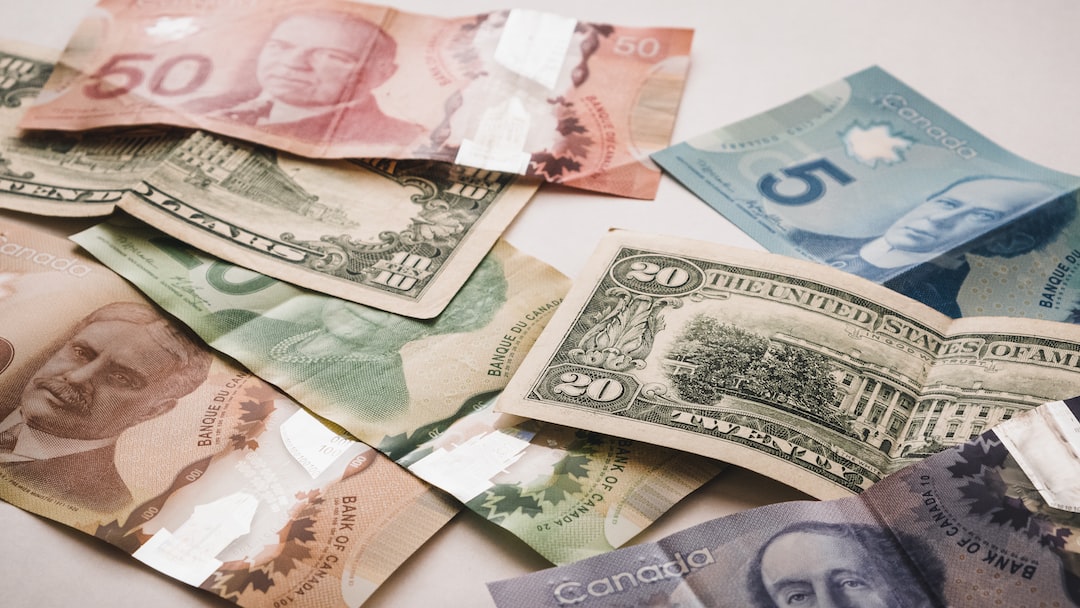Forex trading is a popular investment option for individuals seeking to make profits from the fluctuations in currency prices. One of the critical components of forex trading is the spread, which is the difference between the bid and ask prices of a currency pair. Understanding how forex spreads work is essential for traders looking to make informed investment decisions.
What is a forex spread?
A forex spread is the difference between the bid price and the ask price of a currency pair. The bid price is the price at which a trader can sell a currency pair, while the ask price is the price at which a trader can buy a currency pair. The spread is the commission charged by the broker for executing the trade.
For example, if a trader wants to buy EUR/USD, and the current bid-ask prices are 1.2000/1.2005, the spread is five pips. This means that the trader must pay 1.2005 to buy the currency pair, which is the ask price, while the broker keeps the difference of five pips as commission.
Why do forex spreads exist?
Forex spreads exist because of the decentralized nature of the forex market, which comprises various financial institutions and individual traders spread across the globe. Each market participant has a different price quote for a currency pair based on their trading volume, liquidity, and market demand. The bid-ask prices offered by brokers also vary based on market conditions.
Forex brokers act as intermediaries between traders and the forex market by providing access to liquidity providers. These liquidity providers, which are mostly large financial institutions, offer different bid-ask prices for a currency pair based on their trading volume and market demand. The broker aggregates the best bid and ask prices from its liquidity providers and offers them to traders, adding a spread as commission for executing the trade.
How are forex spreads calculated?
Forex spreads are calculated in pips, which is the smallest unit of price movement in a currency pair. A pip is typically equal to 0.0001 for most currency pairs, except for the Japanese yen, which is quoted to two decimal places.
The size of the spread varies depending on the currency pair, market volatility, and trading volume. Major currency pairs such as EUR/USD, GBP/USD, and USD/JPY typically have lower spreads due to their high liquidity and trading volume. On the other hand, exotic currency pairs such as USD/ZAR and USD/TRY can have wider spreads due to their lower liquidity and trading volume.
Forex spreads can also be fixed or variable, depending on the broker’s pricing model. Fixed spreads are constant and do not change regardless of market conditions. Variable spreads, on the other hand, fluctuate based on market volatility and liquidity.
How do forex spreads affect trading?
Forex spreads have a significant impact on trading profitability, as they increase the cost of executing a trade. A wider spread means that a trader must pay a higher commission to the broker, reducing the potential profits from the trade. Therefore, traders must consider the spread when calculating their risk-reward ratio and profitability targets.
Forex spreads can also affect the likelihood of a trade being executed, as wider spreads can increase the slippage or delay in trade execution. High volatility and low liquidity can also cause spreads to widen, making it difficult to enter or exit a trade at the desired price.
Conclusion
Forex spreads play a crucial role in forex trading, as they determine the cost of executing a trade and affect profitability. Understanding how forex spreads work is essential for traders looking to make informed investment decisions. Traders must consider the spread when calculating their risk-reward ratio and profitability targets and choose a broker with competitive spreads, reliable execution, and transparent pricing.






